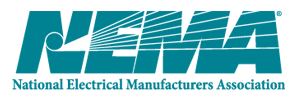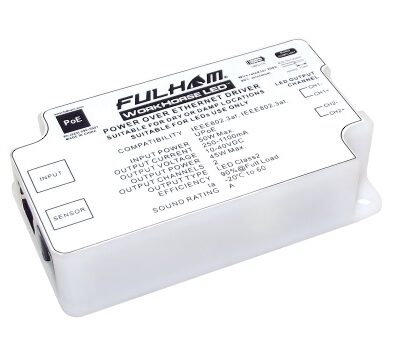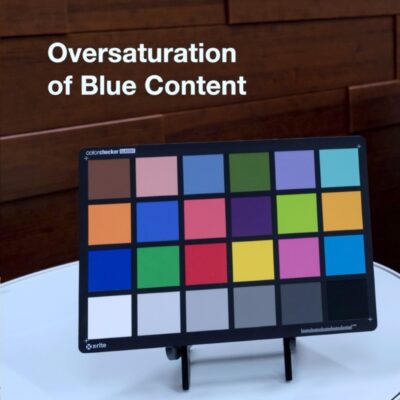The National Electrical Manufacturers Association (NEMA) recently published NEMA LSD 80-2018 Installation Guidelines for Outdoor Luminaires—Grounding Considerations. This white paper addresses the application of the National Electrical Safety Code (NESC) as it pertains to the grounding of outdoor luminaires and recommends installation guidelines.
Craig DiLouie
Interviews + Opinion, Lighting Industry
Get a Grip on Lighting: Biases in the Lighting Industry
In this week’s featured episode of Get a Grip on Lighting podcast, hosts Greg Ehrich, LC, former President of NAILD and owner of Premier Lighting, and Michael Colligan, an entrepreneur and inventor, acknowledge and call out common biases that occur in the lighting industry.
Product Monday: PoE Driver by Fulham
A winner of LEDs Magazine’s Sapphire Award, Fulham Co., Inc.’s EliteControl Power over Ethernet (PoE) 2-Channel LED Driver uses power delivered over an Ethernet cable and has two-channel output for color mixing.
Controls, Craig’s Lighting Articles
8 Tips for Lighting Cybersecurity
My contribution to the Lighting Controls Association’s website in January takes aim at cybersecurity concerns when specifying networked lighting systems, and provides eight tips on things to look at and address for enhanced security.
Controls, Craig’s Lighting Articles
Talking to IT: Networked Lighting Controls
My lighting column for the January issue of ELECTRICAL CONTRACTOR talked about why and how electrical contractors should talk to IT departments when working on projects involving installation of networked lighting controls.
Focal Point’s Matthew Blakeley on Quantifying Lighting Quality (Part 2)
This is the second of a two-part article addressing advances in light sources and light quality, authored by Matthew Blakeley, Vice President – Product and Business Development for Focal Point as an exclusive contribution to LightNOW. This article highlights recent research, which provides a baseline definition of a quality light source that’s preferred by humans, independent of cultural background and familiarity with the habitual built environment.
Focal Point’s Matthew Blakeley on Quantifying Lighting Quality (Part 1)
This is the first of a two-part article addressing advances in light sources and light quality, authored by Matthew Blakeley, Vice President – Product and Business Development for Focal Point as an exclusive contribution to LightNOW. This first article focuses on the evolution of light sources and measurement tools that can accurately describe the quality of the color rendition in a space.








